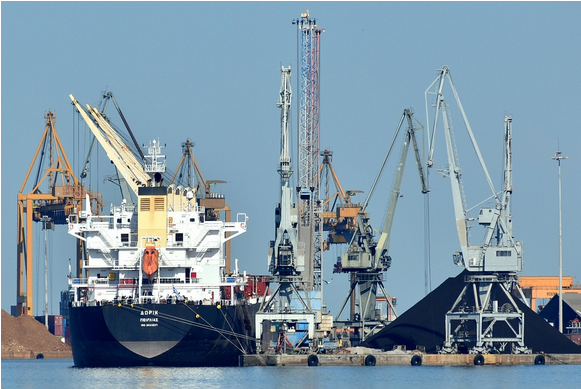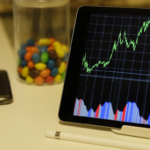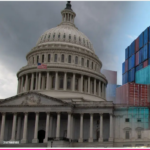There were recently heard talk of divergent views by Elon Musk to President Trump regarding the U.S. direction on current trade practices, with statements to the press and communications on social media seemingly suggesting disagreement about the interpretation and way forward of these policies.
Outworkings of Free Trade principles
A well-known instance was the sending around of a video of the economist, Milton Friedman In a common video, the supposed economic chief voiced sentiments against the spirit of free trade. This particular piece of content has been spread as implying that a freer global trading environment is a positive thing.
That followed other points of contention regarding portions of the existing administration’s trade policy. In a video address to a political conference around the same time, he said he saw the possibility of a “zero-tariff situation” between the U.S. and the EU which in turn lobbied for a free trade zone of those categories.
Remarks on Economics Prowess
For instance, during online comments on someone’s education years in the field of economics. Those statements suggested that academia does not peddle higher learning or more advanced economics. Said comments find their way into the discussion around the implications of technical acumen on economic policy.
Why Tariffs? The Broader Context of U.S. Tariffs
This is always helpful to keep handy — remember why the conversations are taking place. Recently, there has been a lot of analysis and discussion of the new tariff measures recently enforced in the United States. These measures are able to affect all sectors of domestic and global economy.
Economic Implications: Potential Consequences and Outcomes
Nevertheless, the answers to establishing these tariffs have been combined. And consumer and business groups have expressed concerns of unintended consequences. Digital commerce companies are apparently modifying their strategies in expectation of a future roadblocks from the new trading regime.
Also, financial markets have reacted to developments commodity on trade policy. According to reports, stock market indices were steamed up due to these policy changes. Another concern among farmers has been the potential for our foreign trading partners to retaliate, depending on what the United States does.
About the tariff debate, an example of the tangled web of international trade. These conflicting perspectives will continue to shape the eternal question of the long term direction of trade policy in the U. S., but the final story has yet to be told.






